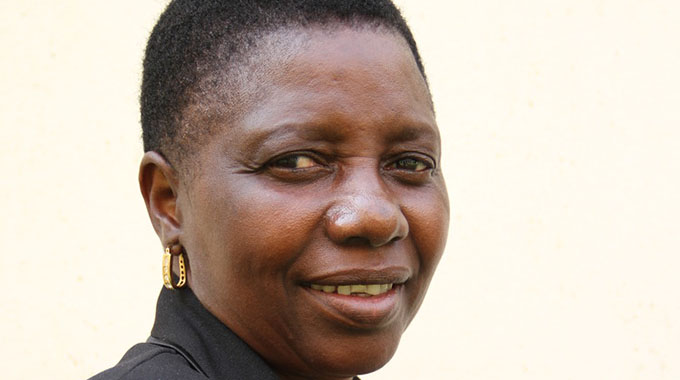Corruption blamed on bureaucracy

Fungai Lupande Mashonaland Central Bureau
Government red tape and delays in handling and processing documents by its departments were this week cited as some of the drivers of corruption in Mashonaland Central Province.
The Zimbabwe Anti-Corruption Commission (ZACC) gathered different stakeholders in Bindura to share experiences and provide guidelines on the crafting of a national anti-corruption strategy.
Speaking at the two-day workshop organised by ZACC, Minister of State for Mashonaland Central Provincial Affairs Senator Monica Mavhunga commended the body for setting up anti-corruption courts in provinces, saying this would curb corruption.
In a speech read on her behalf by acting director in her office Mr Admore Shereni, Senator Mavhunga said corruption could cripple the economy and it was every Zimbabwean’s responsibility to provide solutions.
A commissioner with ZACC, Mr Gabriel Chaibva, said Section 70 of the Constitution gave too much “bail” power to an accused arrested for corrupt.
He said there was no need to sympathise with corrupt individuals, adding that corruption was a complex universal and global phenomenon that needed collective effort to be fought.
“The nation and global community expects real results after this engagement and we have come here today to craft an anti-corruption strategy which shall give insight on the causes of corruption and how to combat it,” said Mr Chaibva
Transparency and accountability were the means by which ZACC would implement zero tolerance approach necessary to fight corruption, he said.
Mr Chaibva said the fight against corruption required a multi-stakeholder approach and its success would ensure accountability, transparency and good governance in both the private and public sectors.
“Public expectation is high for further intensification of our anti-corruption drive at these times of heightened economic uncertainty and rampant corruption,” he said.
“As ZACC, we strongly acknowledge that the task before us is a daunting one. It is here at this workshop where we take the lead in restoring the broken confidence, trust and dented credibility.”
Some of the causes of corruption identified at the meeting included lack of monitoring and continuous evaluation of Government officials.
Small fines for serious offences and lack of standard operating procedures were also causes of corruption.







Comments